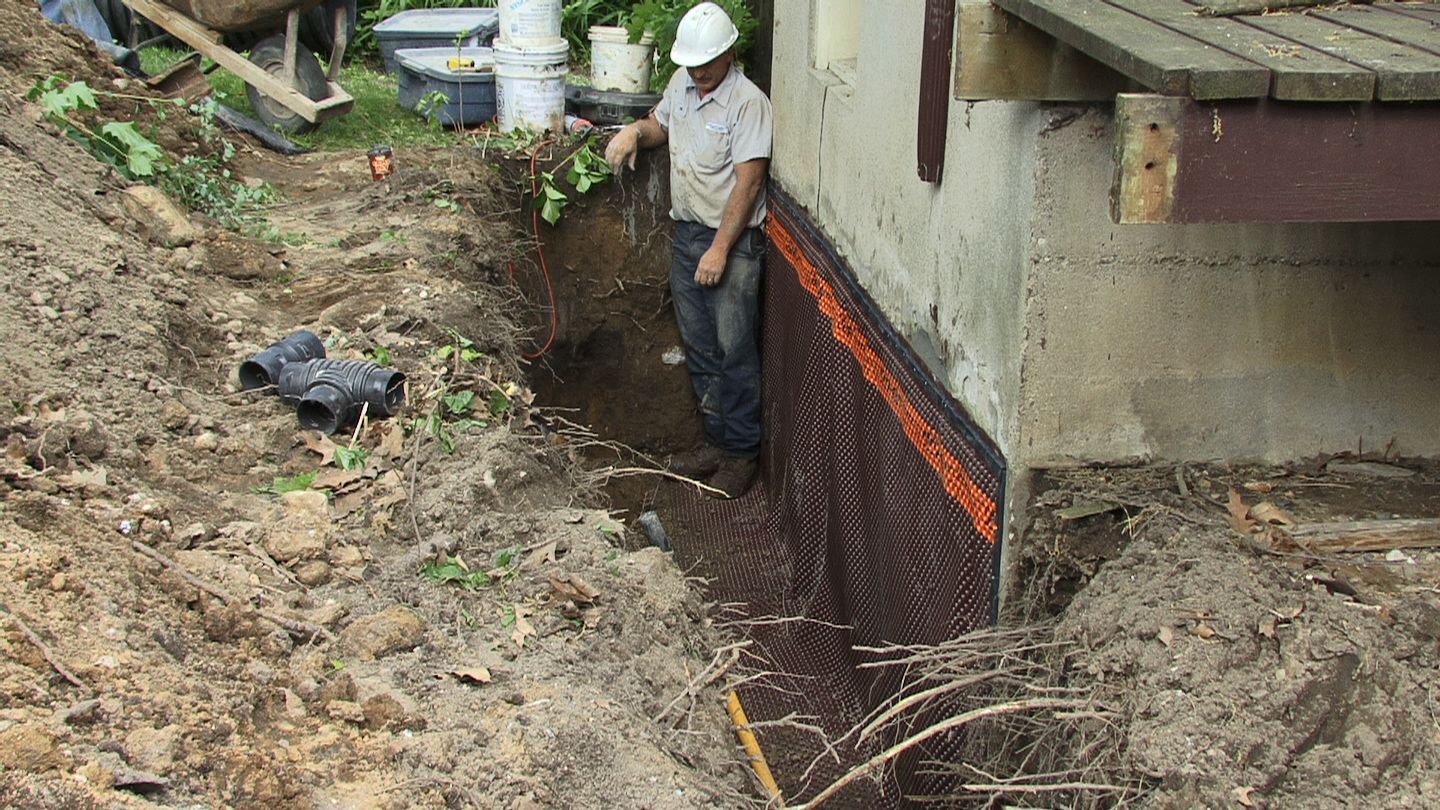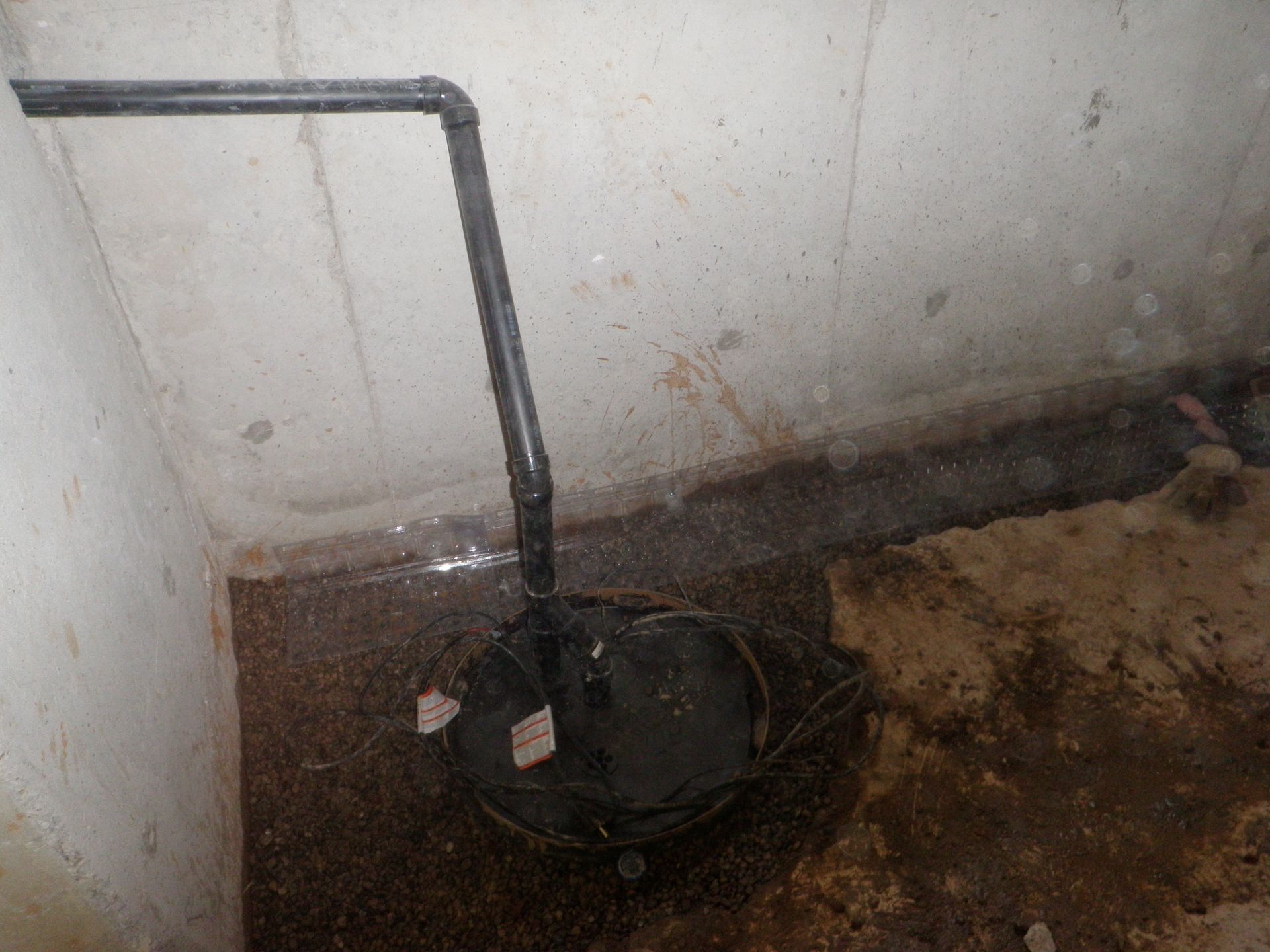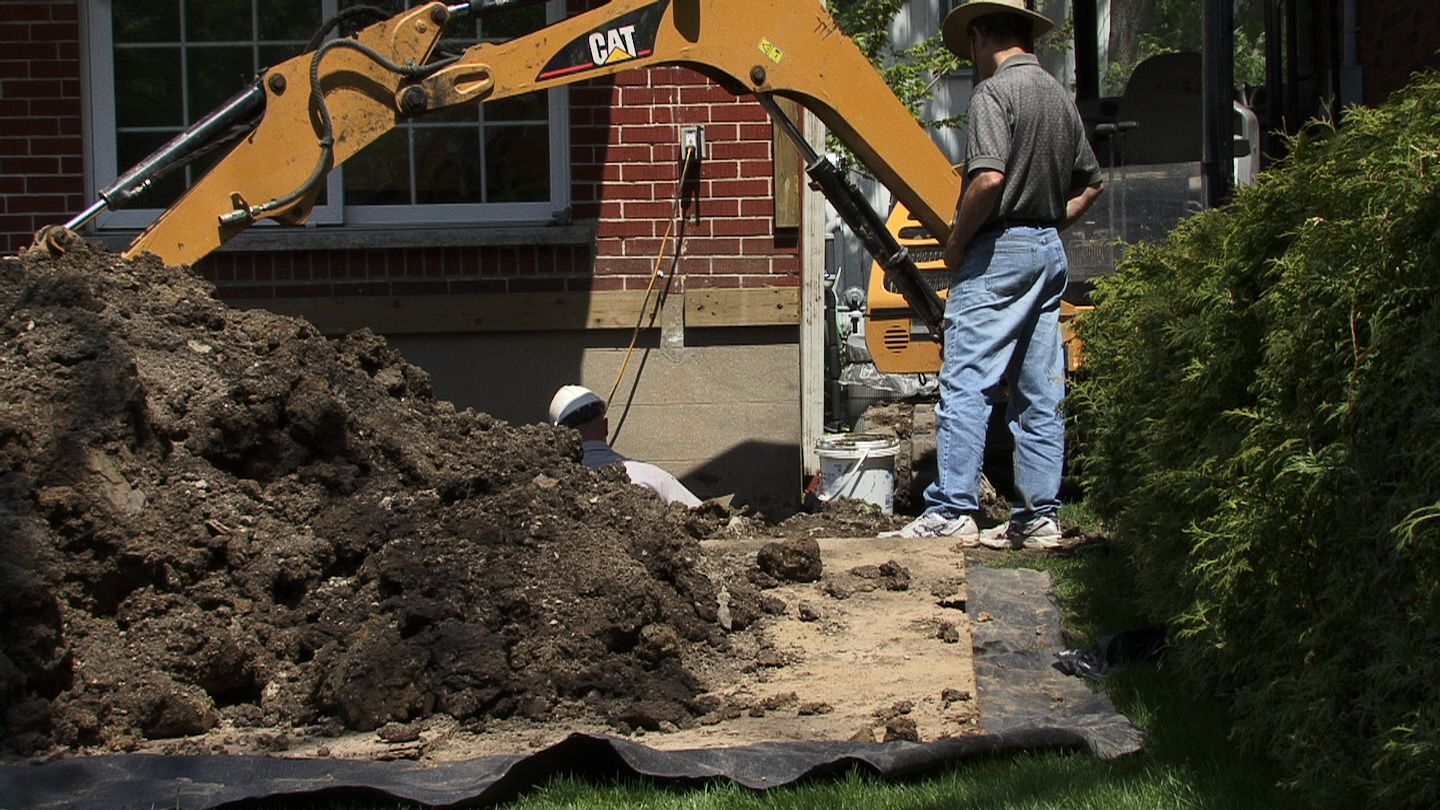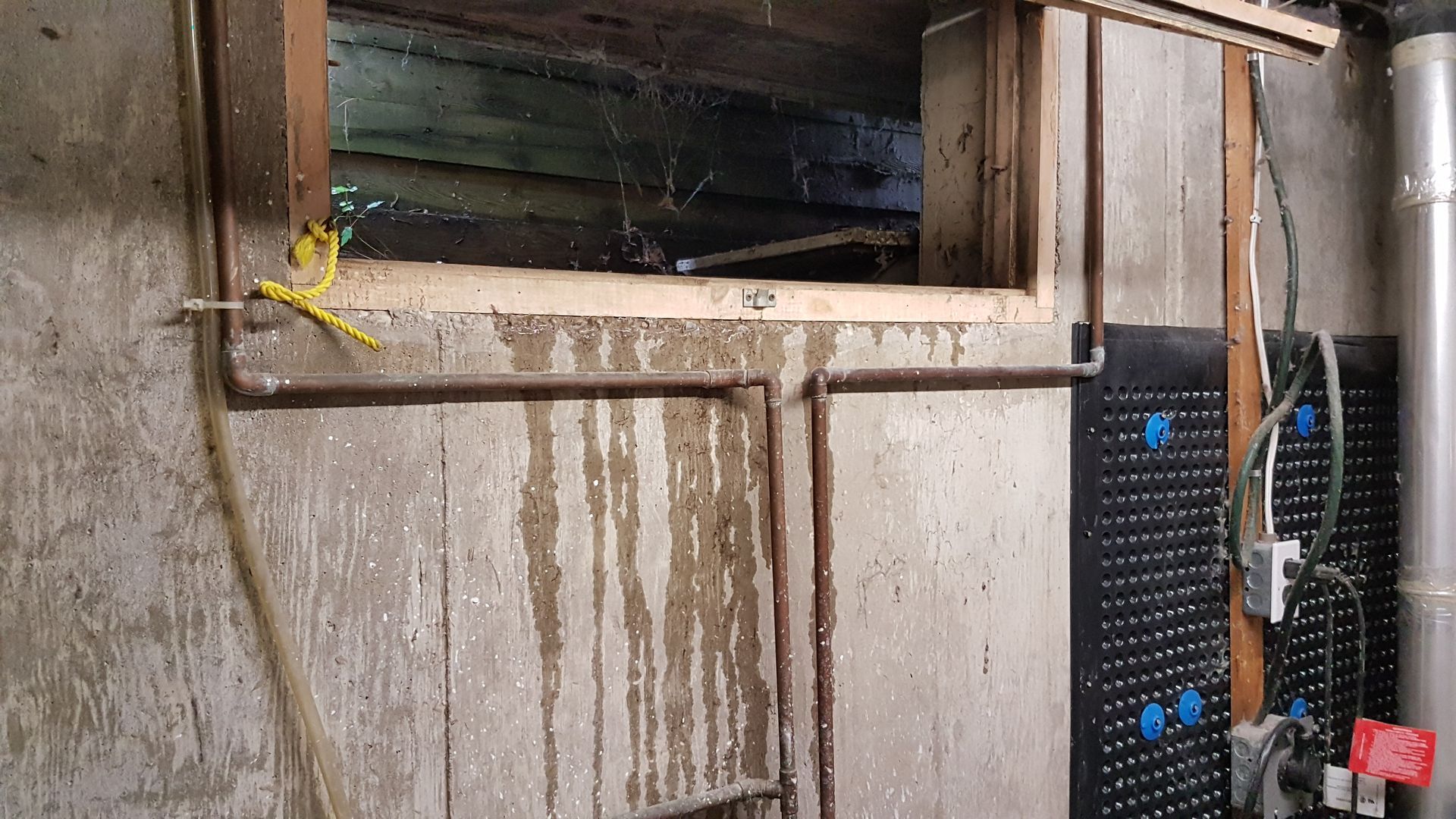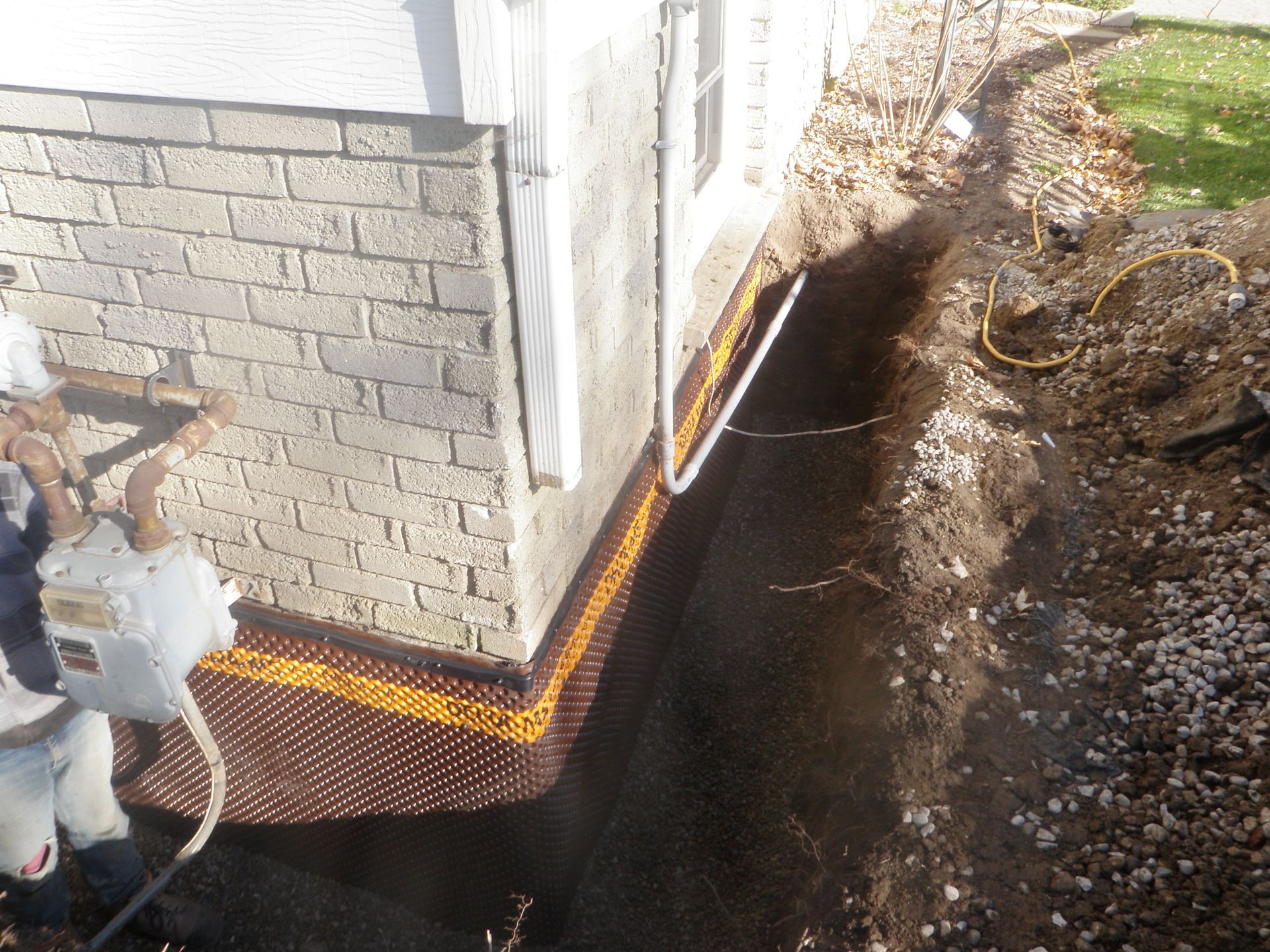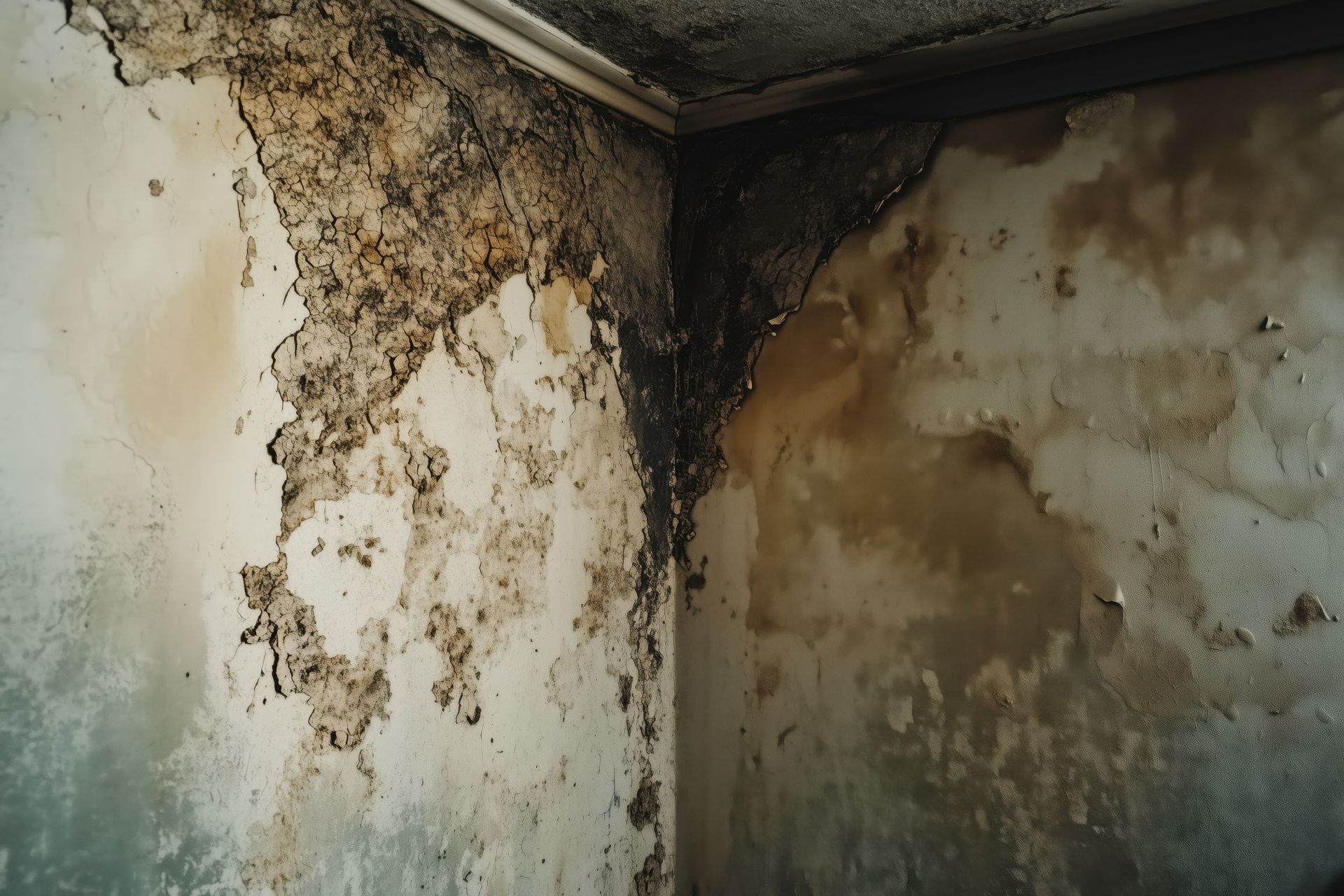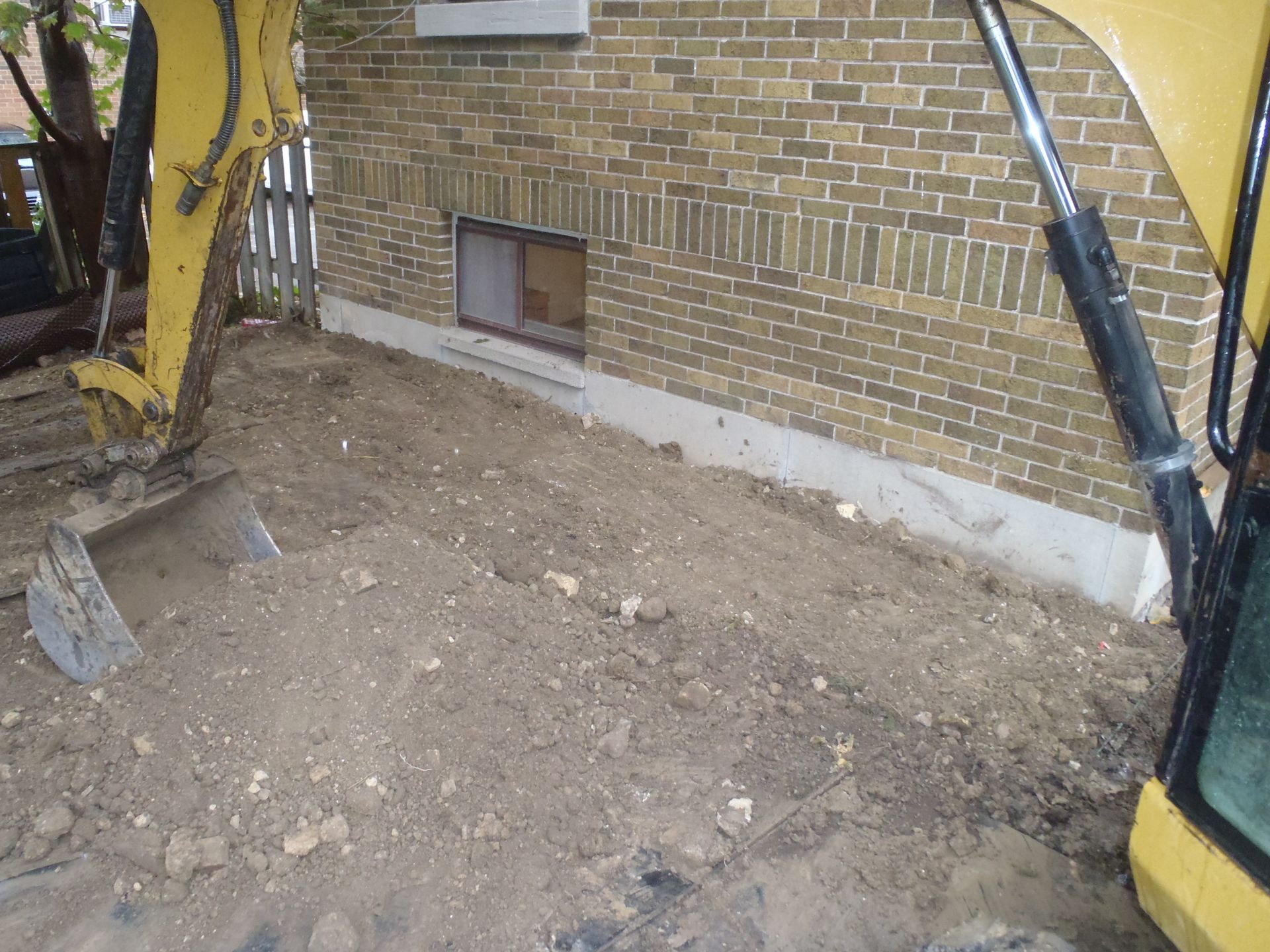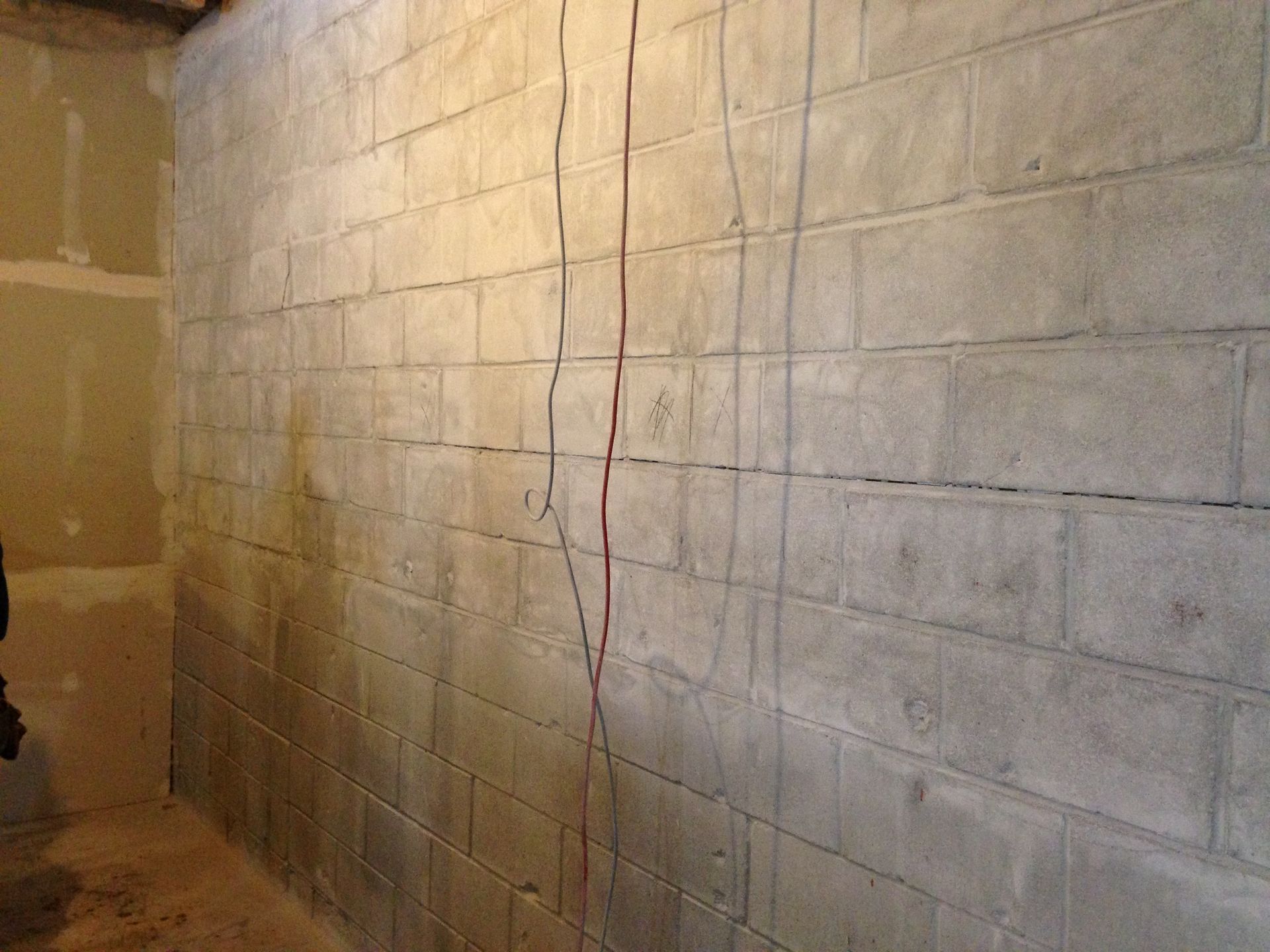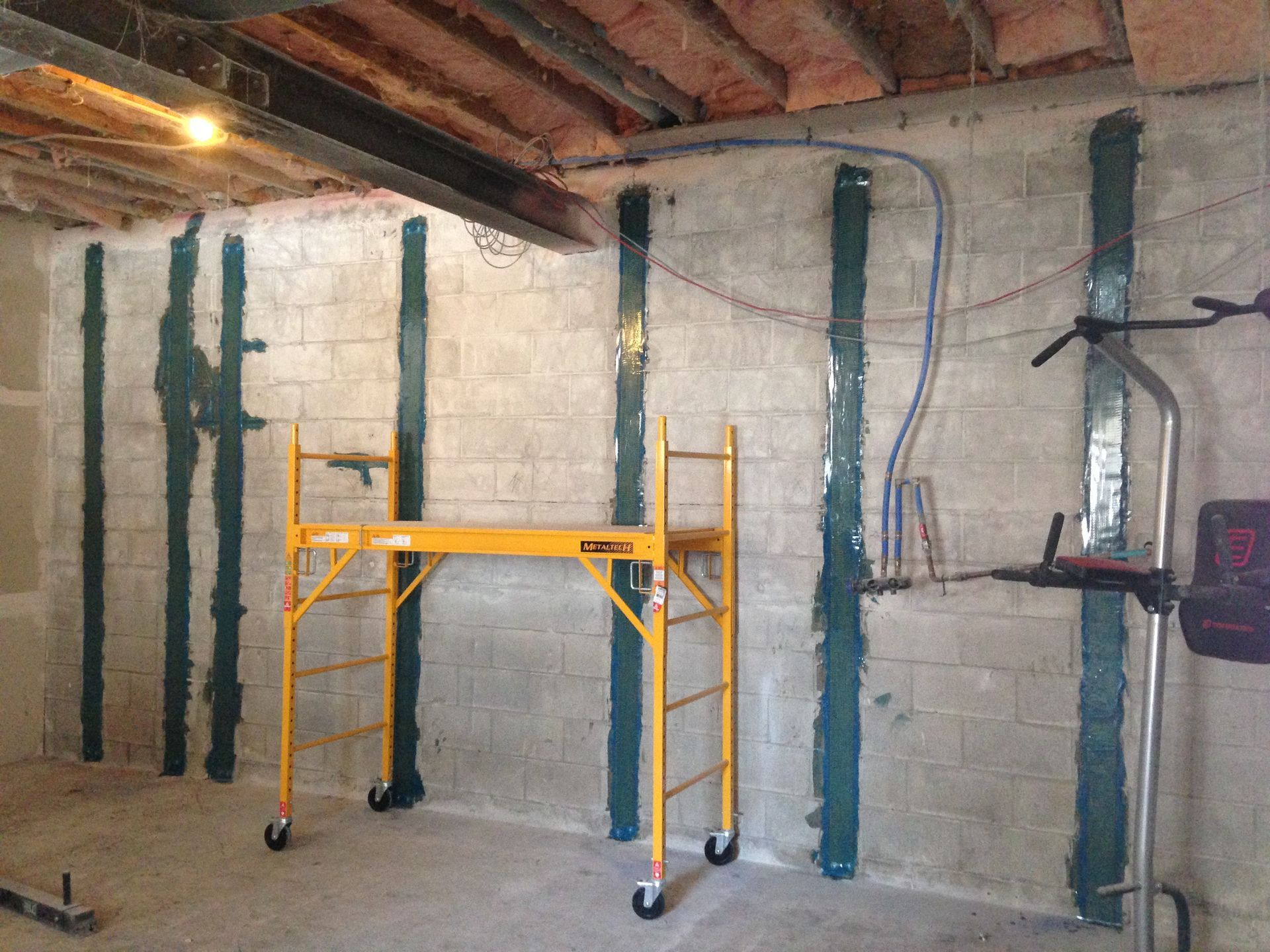Understanding Foundation Cracks: When to Seek Repairs
Foundation cracks are a common concern for homeowners across Ontario, yet understanding when these cracks require professional attention can be confusing. At DryBasements.com Ltd., we know the importance of a stable foundation, and we’re here to help you distinguish between minor cosmetic issues and more serious structural problems. This guide provides valuable insights into the causes of foundation cracks, how to identify different types, and when to seek expert repairs. Ensuring the structural integrity of your home is crucial, and knowing what to look for can save you from costly damages down the line.
Types of Foundation Cracks
Not all foundation cracks are created equal. Recognizing the type of crack can help you determine the urgency of repairs needed.
1. Hairline Cracks
Hairline cracks are thin, superficial cracks that generally do not indicate serious structural issues. Often caused by the normal curing process of concrete, they are usually found in new homes. While not a cause for immediate concern, monitoring these cracks for any changes in size or shape is essential.
2. Vertical Cracks
Vertical cracks are common and typically run up and down the wall. These are often caused by the foundation settling and may not threaten structural integrity. However, they can allow water to seep in, leading to moisture problems. Sealing them can prevent future water infiltration.
3. Diagonal Cracks
Diagonal cracks result from differential settlement or shrinkage and appear at angles. While they might not immediately threaten the foundation’s stability, they should be monitored closely. If these cracks widen over time, it may indicate a more significant problem.
4. Horizontal Cracks
Horizontal cracks are the most concerning type, often indicating serious foundation issues. They can result from excessive pressure on basement walls due to soil expansion or water buildup. If you notice horizontal cracks, it’s imperative to contact a professional immediately, as these can compromise the stability of your home.
5. Stair-Step Cracks
Often found in brick or concrete block foundations, stair-step cracks follow the mortar joints. These can indicate settling issues and should be evaluated by a professional to determine the underlying cause.
Causes of Foundation Cracks
Understanding the underlying causes of foundation cracks can help you prevent future issues. Here are some common causes:
1. Soil Movement
Changes in soil moisture levels, whether due to excessive rain or drought, can lead to expansion or contraction, causing the foundation to shift and crack.
2. Poor Drainage
Inadequate drainage can result in water accumulation around the foundation, increasing hydrostatic pressure and leading to cracks over time.
3. Tree Roots
Large trees planted too close to the home can cause soil displacement, leading to foundation shifts and cracks as their roots seek water.
4. Construction Errors
Improper compaction of the soil during construction or the use of substandard materials can lead to foundation problems and cracking.
5. Temperature Changes
Fluctuations in temperature can cause concrete to expand and contract, potentially resulting in cracks over time.
When to Seek Professional Repairs
While some cracks are minor and can be addressed with simple maintenance, others require professional intervention. Here’s when you should consider seeking expert foundation repairs:
1. Widening Cracks
If you notice a crack widening over time, it may indicate ongoing structural movement, necessitating immediate professional evaluation.
2. Multiple Cracks
The presence of multiple cracks could signify a broader issue, such as uneven settling, which should be assessed by a foundation expert.
3. Water Intrusion
If cracks are allowing water to enter your basement, it’s essential to address the issue promptly to avoid moisture damage and mold growth.
4. Misaligned Doors and Windows
If doors and windows are difficult to open or close, or if there are gaps between the door and frame, it could indicate foundation movement that requires professional attention.
5. Bowing Walls
Bowing or bulging walls often accompany horizontal cracks and should be evaluated by a professional as they indicate significant structural stress.
Preventive Measures
Taking preventive measures can help reduce the risk of foundation cracks and the need for future repairs:
1. Maintain Proper Drainage
Ensure that gutters and downspouts direct water away from your foundation, and consider installing a sump pump for added moisture control.
2. Monitor Moisture Levels
Keep an eye on the moisture levels around your foundation, especially during periods of heavy rain or drought, and adjust landscaping accordingly.
3. Professional Inspections
Regular professional inspections can catch minor issues before they become severe, ensuring your foundation’s long-term stability.
At DryBasements.com Ltd., we specialize in foundation crack repair and sealing, ensuring your home remains safe and structurally sound. Our team of experts is ready to inspect and address any foundation concerns you may have. Don't wait until minor cracks become major problems. Contact us today at (519) 473-0561 or email us at office@drybasements.com to schedule a comprehensive foundation evaluation.

